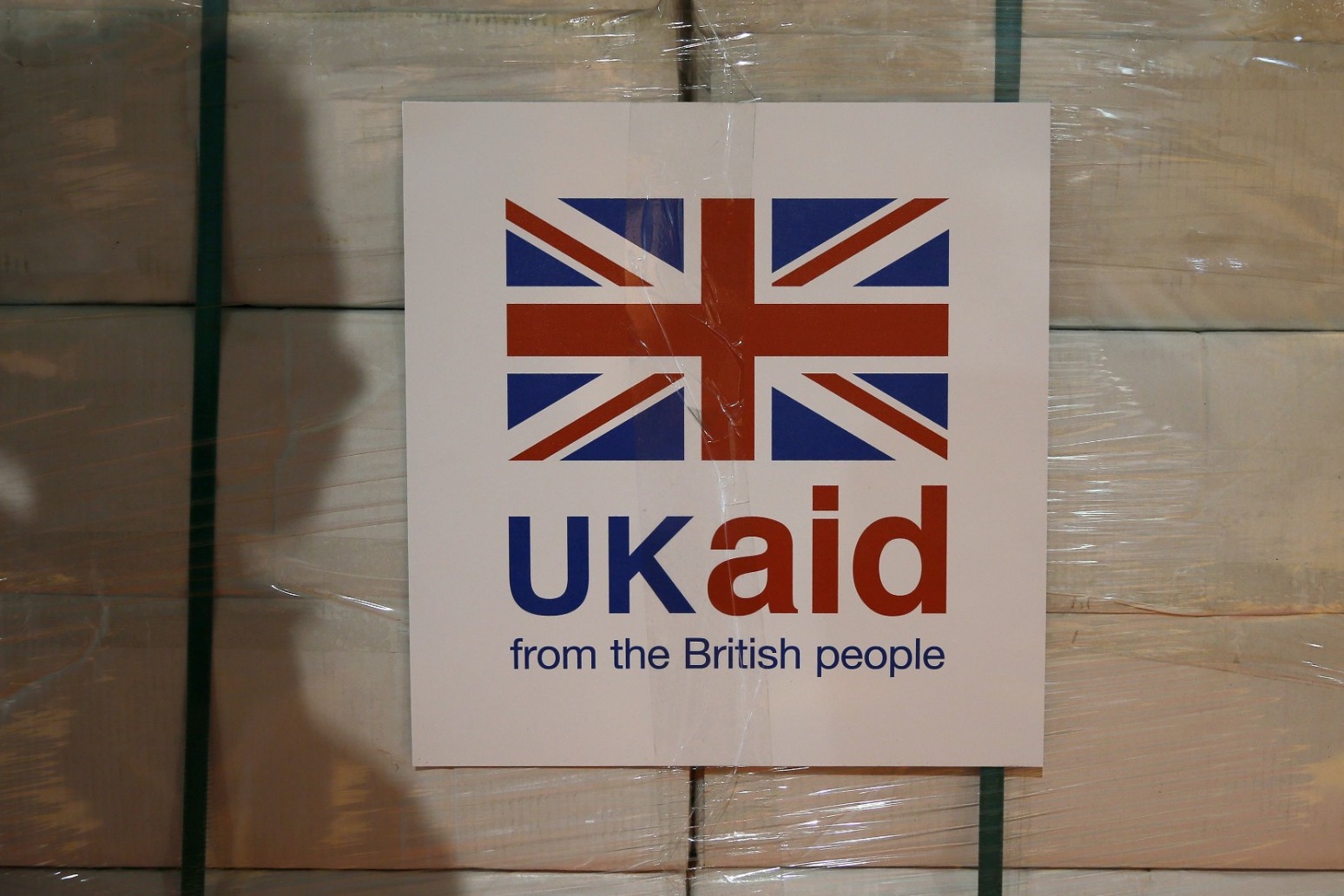
Aid sector must tackle ‘racist practices’ that ‘still reflect colonialism’ – MPs
Racism remains a serious problem in the aid sector which “still reflects the power relationships of colonialism”, a committee of MPs has said.
The House of Commons International Development Committee has called on charities and aid agencies to “recognise racism in the sector” and work to shift power and resources to the communities they work with.
In a report published on Thursday, the committee criticised the assumption that institutions in developed countries represented the “gold standard” while those in developing countries were “high risk” and needed “capacity building”.
It also criticised fundraising appeals that “depict the communities they serve as helpless and needy” and “contribute to the narrative that the countries where they work are somehow inferior to the UK”.
Calling on the aid sector to use more “inclusive” language, the MPs said the sector’s current terminology such as “recipient”, “beneficiary” or even “aid” had “roots in colonialism” and reinforced the idea that the West is “the ideal that others should aspire to”.
Labour MP Sarah Champion, who chairs the committee, said: “The aid sector exists to help those in need.
“But it cannot do that effectively until it addresses the fundamental power imbalances that exist within its structures that allow racist practices to perpetuate.
“The vast majority of people working in development have honourable intentions and do great work, but they need to be aware of the risks of complacency.
“I ask the sector to listen to the voices in our report.
“Racism is real; it must be challenged at every level.”
Thursday’s report also called on the aid sector to address racial disparities in its staffing, including by removing unnecessary stipulations from job adverts and ending the use of unpaid internships.
The report’s conclusions have been welcomed by Bond, which represents the UK international development sector.
Lena Bheeroo, Bond’s engagement and equity manager, said: “Racism in the UK humanitarian and development sector is a serious and ongoing problem that must be addressed urgently.
“This report is a significant step in the right direction as it shines a light on the sector’s colonial legacy and power imbalances that allow decision-making to stay in the hands of high-income nations.
“The UK aid cuts were a stark example of the UK’s disproportionate power, as partners in low- and middle-income countries, most of whom are black, indigenous and people of colour, were not involved in processes that affected their future.
“More needs to be done to address how racism manifests and persists and we are working with UK NGOs on how to do this.
“Power needs to be rebalanced with the communities we work with, and we agree with the findings that the FCDO needs to be more actively engaged with conversations on decolonising development systematically.”
Published: by Radio NewsHub